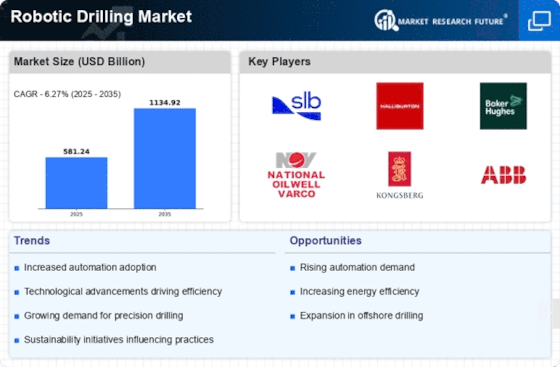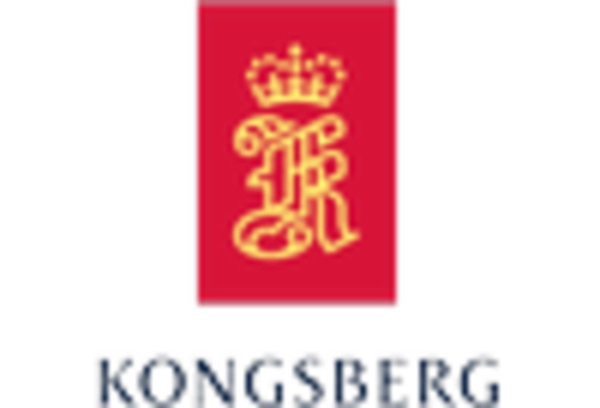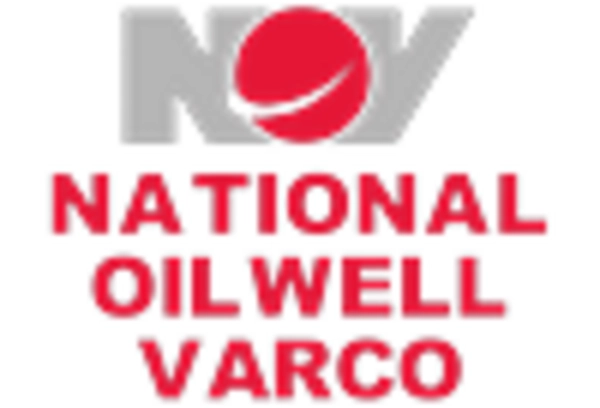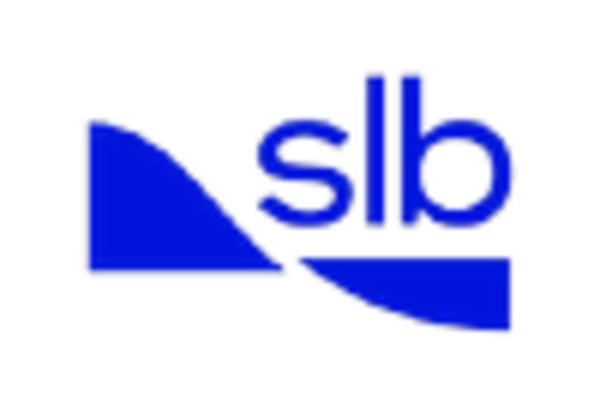Market Share
Robotic Drilling Market Share Analysis
In the ever-evolving panorama of the robotic drilling market, groups employ diverse strategies to steady and enhance their market percentage positioning. One outstanding approach is technological differentiation, where corporations focus on growing contemporary robotic drilling answers with superior capabilities and capabilities. This strategy pursues the creation of a product other than those of competitors, attracting clients who seek modern and green solutions. By investing in studies and development, corporations can live in advance of the technological curve, making sure that their offerings meet or exceed industry requirements. Another high market proportion positioning method includes fee management. Some organizations prioritize achieving economies of scale, streamlining production techniques, and negotiating favorable dealer agreements to lessen production prices. The goal is to offer robotic drilling answers at aggressive fees, making them more reachable to a broader variety of clients. Cost leadership is, in particular, essential in markets in which charge sensitivity plays a great function in buying choices. By providing a fee for cash, businesses can steady a large market share and doubtlessly force competition out of the marketplace. Strategic partnerships and alliances play a pivotal position in marketplace proportion positioning within the robotic drilling industry. Global enlargement is a market proportion positioning method that includes coming into new geographic markets. As the demand for robotic drilling solutions will increase internationally, companies are searching for possibilities in emerging markets in which the adoption of automation technology is on the upward push. By setting up a presence in those regions, corporations can benefit from access to a bigger customer base and capitalize on the escalating demand for advanced drilling technology. However, successful international growth requires a deep understanding of neighborhood rules, cultural nuances, and marketplace conditions. In the quit, the Robotic drilling Market is quite aggressive, and organizations employ numerous strategies to secure and enhance their marketplace share positioning. Whether through technological differentiation, cost management, marketplace segmentation, strategic partnerships, or global growth, each method displays nuanced information about the enterprise and its numerous client base. The organizations that effectively put those strategies in force are probably not only to continue to exist but thrive in the dynamic panorama of the robotic drilling marketplace.


















Leave a Comment